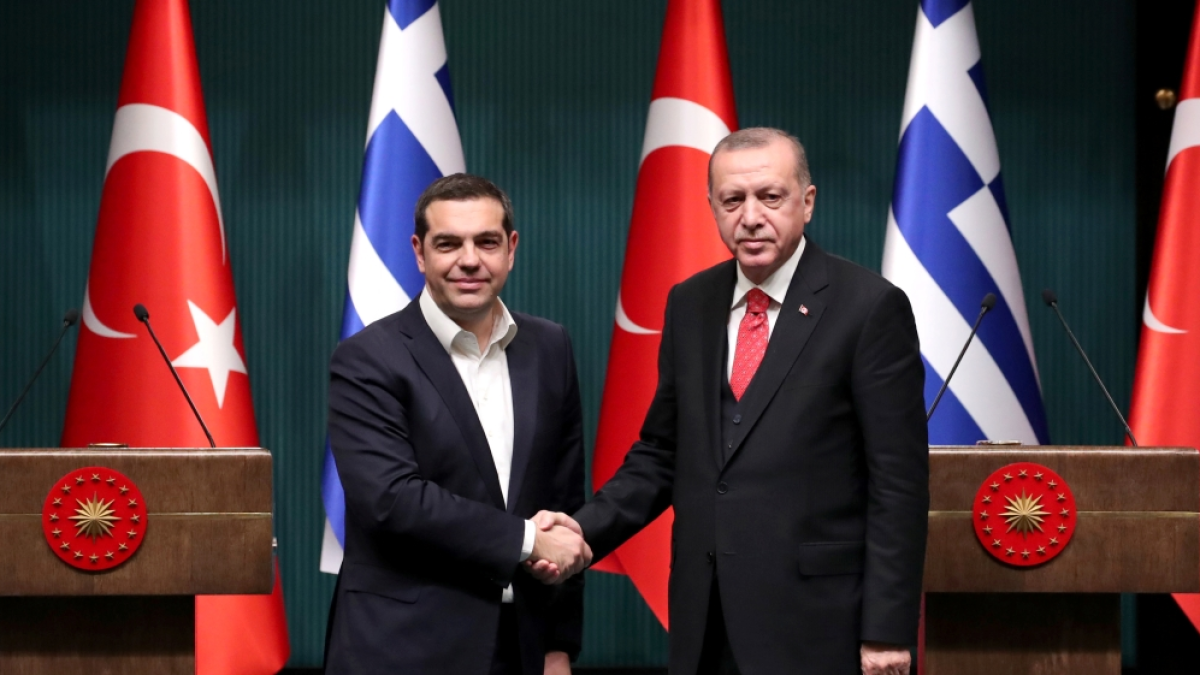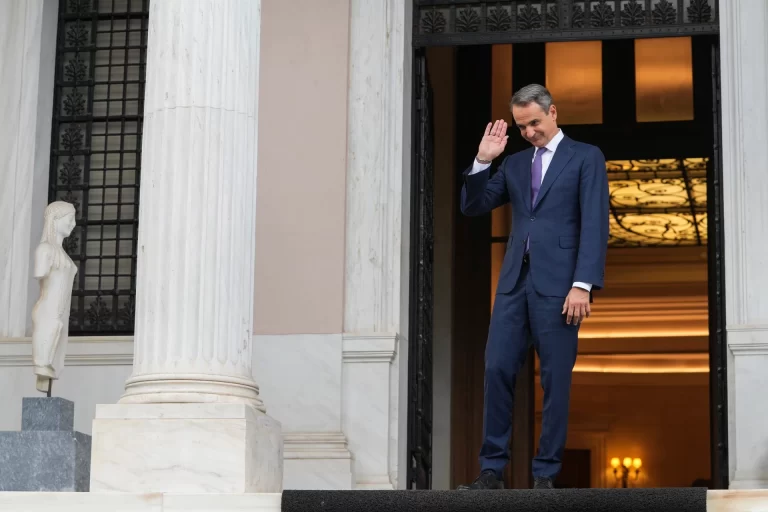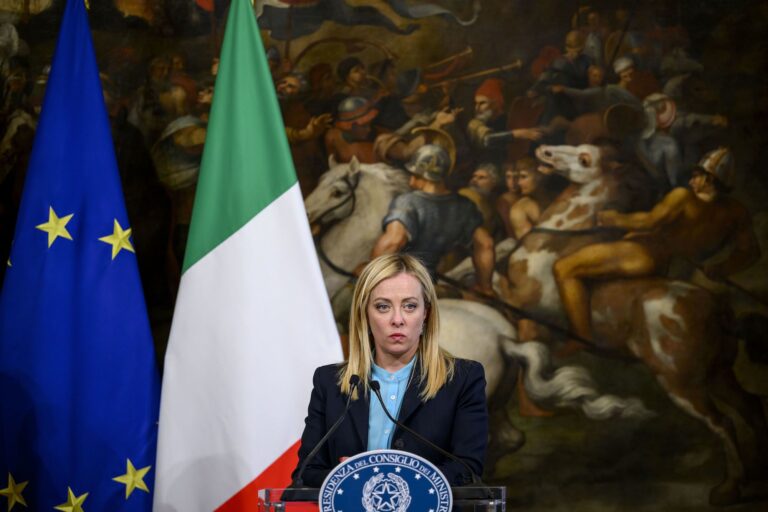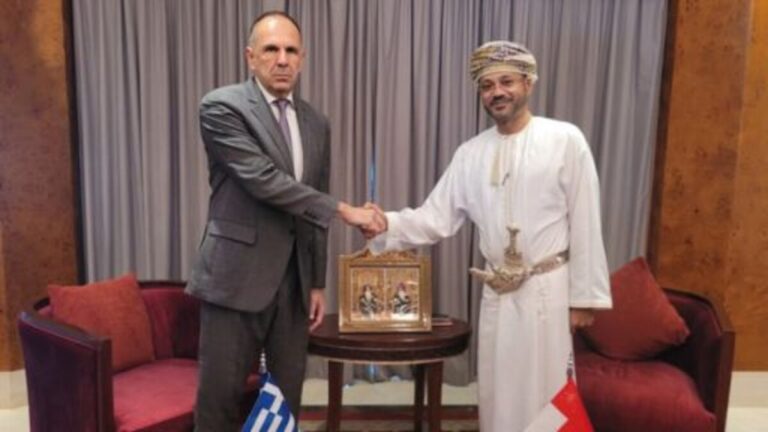After an extended pre-election period, which was markedly different from what everyone had anticipated before February 6 and the devastating earthquakes that struck southern Turkey, there is now a government in Athens with a four-year outlook. As of Tuesday, the countdown commences for the scheduled meeting between Prime Minister Kyriakos Mitsotakis and President Recep Tayyip Erdogan of Turkey. Additionally, a significant group of political figures and officials at the Foreign Ministry and Maximos Mansion will be tasked with supporting the effort to revitalize Greek-Turkish relations following years of deterioration.
During the previous four years, Mitsotakis demonstrated his ability to strike a balance between a willingness to engage in diplomacy and maintain channels of communication, as well as a preparedness to address situations on the ground when necessary (such as during the Evros standoff or the row over the Oruc Reis seismic vessel) without unnecessary delays. There are two paths to consider for the future.
The first revolves around interpersonal relationships. Although the personal rapport between Mitsotakis and Erdogan has been somewhat uncomfortable, there are now substantial opportunities for improvement. The Mitsotakis-Erdogan relationship will serve as a barometer for the immediate future. Regardless of the willingness displayed by the partners of Athens and Ankara to undertake the role of mediators, ultimately, the ability to find common ground will determine the outcome of any approach.
The second path pertains to the already established processes of contact between Greece and Turkey. These processes encompass exploratory talks, political dialogue, confidence building measures (CBMs), and discussions within NATO. These avenues provide ample opportunities to establish channels through which risky incidents and extraordinary situations can be avoided. Such channels have existed in the past and are not novel developments.
Despite the seemingly clear four-year term ahead, a looming far-right fundamentalist bloc on the right side of the government threatens to exploit even the most formal contacts regarding Greek-Turkish matters for the purpose of stirring controversy. Similarly, matters are not much more promising on the far-left of the political spectrum. Whether the anticipated contacts in the coming months succeed or not, moderation should prevail in the country, which should steer clear of capricious behavior and narrow-minded party interests. In this regard, centrist parties will be called upon to prove their mettle.
Source: Ekathimerini







